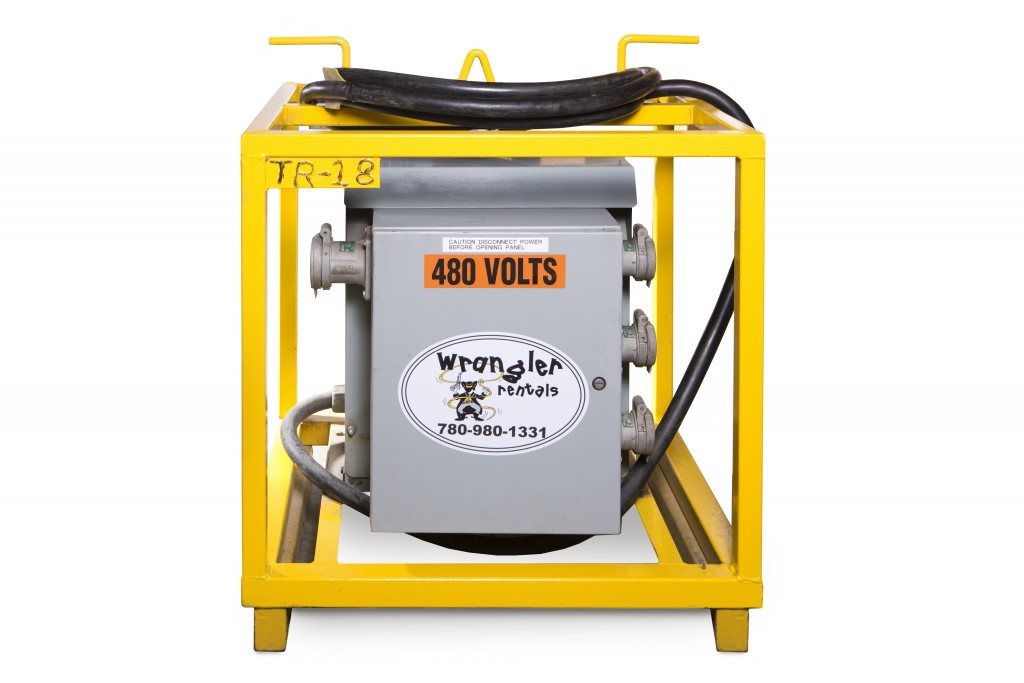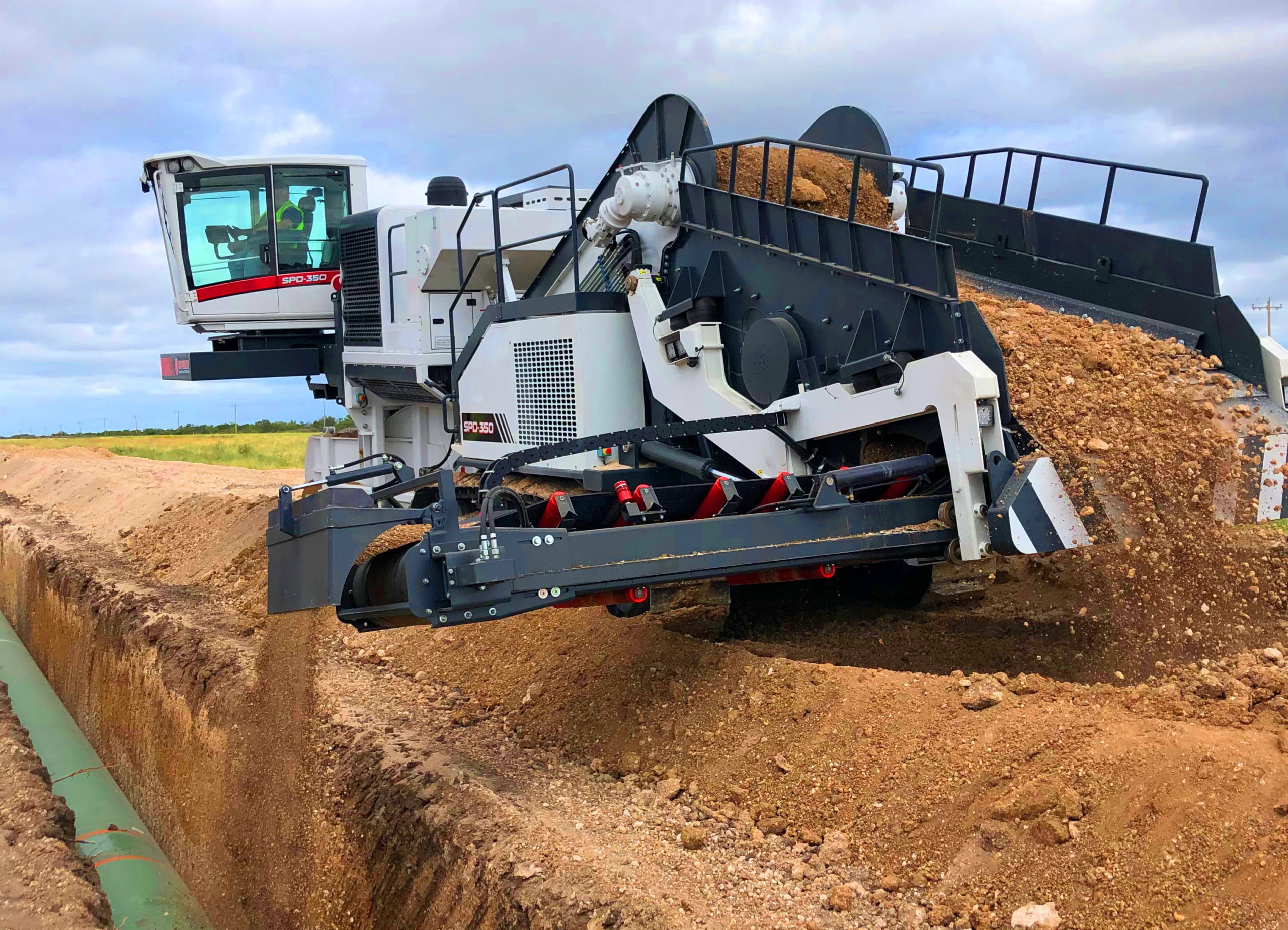Superior rentals squeeze tools: common mistakes to avoid
Wiki Article
A Comprehensive Overview to the Various Types of Oil Field Equipment and Pipeline Equipment Available
The oil and gas industry depends greatly on specialized equipment for effective removal and transport. Various sorts of machinery, from piercing rigs to storage space containers, play vital roles in this complicated process. Each tool offers unique features that add to total functional success. Understanding these components is crucial for anyone involved in the industry. As the market progresses, so also do the modern technologies that sustain it. What advancements are on the perspective?
Drilling Rigs: The Foundation of Oil Expedition
Drilling rigs act as the crucial machinery in the domain name of oil expedition, enabling firms to gain access to hydrocarbon reserves hidden deep beneath the Planet's surface. These rigs can be found in different kinds, including land rigs, offshore rigs, and mobile systems, each designed to operate in details atmospheres. Outfitted with sophisticated modern technology, drilling rigs can permeate geological formations with accuracy, ensuring effective source extraction. The architectural integrity and operational capacities of these rigs are essential, as they must withstand severe conditions and substantial stress. In addition, the choice of a drilling rig influences the overall job expense and timeline, making it an important consideration for oil firms seeking to enhance their expedition initiatives and take full advantage of performance in their procedures.Pumps: Essential for Fluid Movement
In the oil extraction process, the function of pumps is considerable, promoting the activity of liquids throughout different phases of manufacturing. Pumps are crucial for transferring petroleum, water, and other liquids from underground reservoirs to the surface and then with pipes to refineries. They can be found in numerous kinds, consisting of centrifugal, positive displacement, and submersible pumps, each serving specific purposes based upon the fluid attributes and operational requirements. Centrifugal pumps are typically used for their efficiency in high-flow applications, while positive variation pumps master managing thick liquids. The option of pump effects general performance, functional security, and maintenance costs. Proper option and upkeep of pumps are crucial for enhancing production and minimizing downtime in oil area operations.Valves: Controlling Flow and Pressure

Valves play a vital function in taking care of the flow and stress of liquids within oil fields and pipes. Various sorts of valves serve distinctive applications, each designed to meet specific functions basic for efficient operation - Superior Oilfield Rentals oilfield. Understanding the qualities and usages of these shutoffs is important for enhancing system efficiency and safety and security
Kinds of Valves
Important parts in oil area procedures, shutoffs play a vital duty in regulating the flow and pressure of liquids within pipes and tools. Various sorts of valves are utilized to meet the diverse requirements of oil and gas manufacturing. Typical kinds consist of gateway shutoffs, which provide a straight-line flow and very little pressure decrease; globe valves, known for their throttling capabilities; and ball valves, recognized for their fast on/off control. In addition, check shutoffs protect against heartburn, while butterfly shutoffs use a light-weight remedy for managing circulation. Each shutoff kind is made with details products and arrangements to stand up to the extreme conditions typically discovered in oil fields, guaranteeing reliability and effectiveness in procedures. Comprehending these types is critical for effective system monitoring.Valve Applications and Features
While different types of valves offer distinctive functions, their main applications revolve around regulating circulation and pressure within oil and gas systems. Shutoffs such as gateway, globe, and ball shutoffs control fluid motion, guaranteeing peak performance and safety and security. Entrance valves are generally used for on/off control, offering marginal circulation resistance. Globe valves, on the various other hand, offer precise circulation policy, making them suitable for strangling applications. Ball shutoffs are favored for their fast operation and tight securing abilities. On top of that, stress relief shutoffs are vital for preventing system overpressure, securing equipment honesty. Overall, the proper selection and application of shutoffs enhance operational performance, guaranteeing the trusted transport of oil and gas via pipelines and handling centers.Compressors: Enhancing Gas Transport
Compressors play a vital role in the effective transportation of natural gas, making sure that it moves smoothly with pipes over fars away. These tools boost the pressure of all-natural gas, enabling it to get over friction and altitude modifications within the pipeline system. In addition, compressors facilitate the balancing of supply and need, fitting variations in consumption and production prices. Numerous kinds of compressors are used in the industry, including centrifugal, reciprocating, and rotary screw compressors, each offering distinctive benefits based on the operational requirements. Routine upkeep of these compressors is vital to take full advantage of performance and decrease downtime, ultimately adding to a trustworthy gas transport network. Their critical function underscores the significance of compressors in the general oil and gas framework.Storage Tanks: Safe and Efficient Fluid Administration
Efficient transportation of all-natural gas depends on different supporting systems, one of which is the proper monitoring of storage tanks. These storage tanks play a crucial duty in securely consisting of liquids, making sure that operational efficiency is maintained while lessening ecological dangers. Built from resilient materials, next page they are designed to withstand high stress and destructive aspects. Correctly sized and strategically located, tank promote the smooth circulation of natural gas and other liquids, stopping bottlenecks in supply chains. Regular upkeep and tracking are critical to detect leakages or structural concerns, advertising safety and conformity with regulative standards. Inevitably, the efficient management of tank is important for the overall honesty and dependability of the oil and gas industry's liquid handling systems.
Pipeline Systems: Framework for Transportation
Pipeline systems work as the backbone of the oil and gas sector, facilitating the reliable transportation of hydrocarbons over huge distances. These systems include various parts, including pipelines, valves, pumps, and compressors, all thoroughly designed to guarantee smooth circulation. The materials made use of in pipeline construction, usually steel or high-density polyethylene, are selected for durability and resistance to rust. Pipeline networks can extend across land and water, linking manufacturing sites to refineries and distribution. In addition, progressed innovation enables real-time surveillance of circulation rates and pressure degrees, boosting operational effectiveness. The calculated positioning of these pipelines reduces ecological effect while making the most of source access, thereby playing a vital function in conference power needs globally.Security Equipment: Making Sure Worker and Environmental Defense
The operation of pipeline systems, while important for energy transportation, also presents significant safety challenges for workers and the environment. Safety and security equipment plays a significant function in minimizing these risks. Personal protective devices (PPE) such as safety helmets, gloves, and non-slip footwear safeguards workers from physical risks. Furthermore, gas detection systems keep track of Full Article for leaks, guaranteeing that damaging compounds do not present a danger to workers or the surrounding community. Emergency closure systems are essential for quickly stopping procedures during a situation, protecting against possible calamities. Spill containment materials, consisting of absorbents and obstacles, are essential for minimizing ecological influence. Generally, investing in all-inclusive security equipment is critical for keeping functional integrity and shielding both employees and the environment in the oil and gas sector.
Often Asked Inquiries
Just how Do I Choose the Right Oil Field Equipment for My Job?
Picking the appropriate oil field equipment includes reviewing task requirements, budget constraints, and operational demands. Take into consideration factors such as equipment reliability, compatibility with existing systems, and the provider's track record to assure peak efficiency and safety and security.What Are the Maintenance Demands for Oil Field Equipment?
Upkeep needs for oil area tools consist of normal examinations, lubrication, and prompt fixings. Operators should also follow manufacturer guidelines, screen performance metrics, and assurance compliance with safety policies to enhance longevity and efficiency.
How Can I Make Sure Compliance With Environmental Regulations?
To guarantee conformity with environmental laws, business have to carry out normal audits, execute ideal practices, spend websites in training, maintain appropriate documents, and stay upgraded on legislation (Superior Oilfield Rentals oilfield). Collaboration with environmental firms can additionally enhance adherence to guidelinesWhat Is the Ordinary Lifespan of Pipeline Equipment?
The typical lifespan of pipeline devices typically ranges from 20 to 50 years, depending upon variables such as material quality, environmental problems, and upkeep techniques. Regular evaluations can considerably influence durability and functional effectiveness.Just how Do I Securely Move Oil Field Equipment to Remote Locations?
Transporting oil field equipment to remote places needs cautious planning, including path analysis, securing permits, using suitable cars, and guaranteeing security procedures are complied with. Appropriate training and communication among crews are important for successful transport.Report this wiki page